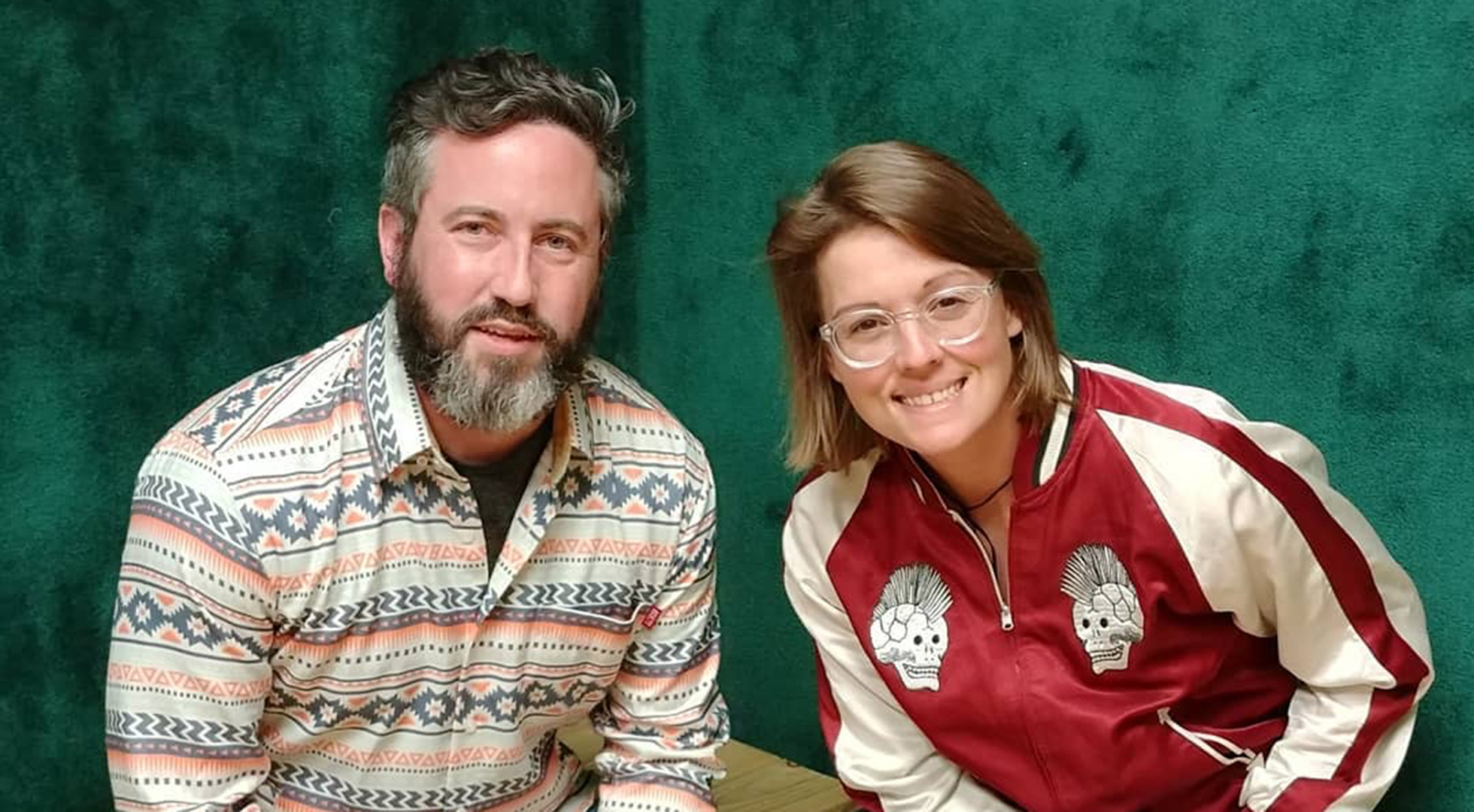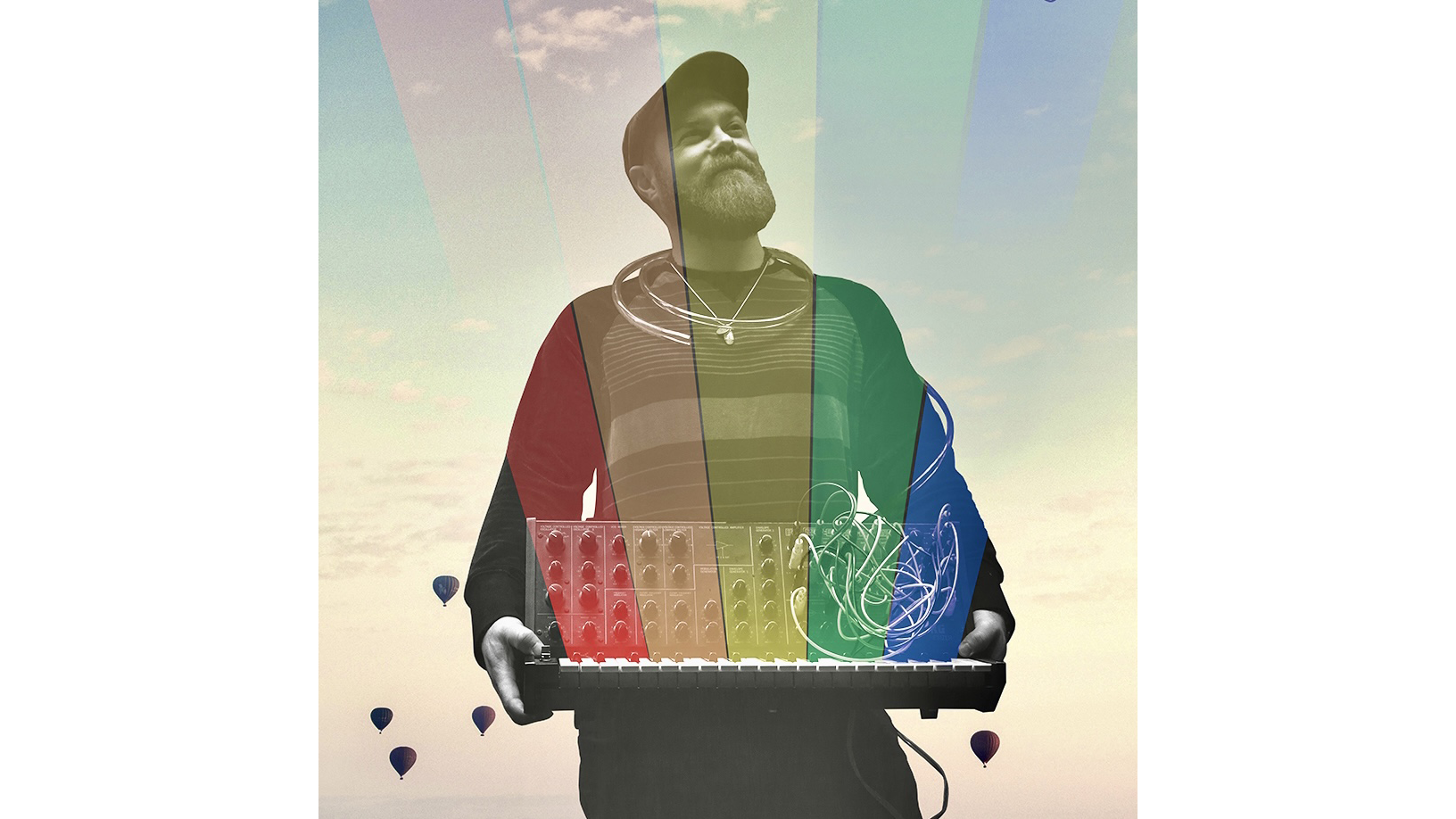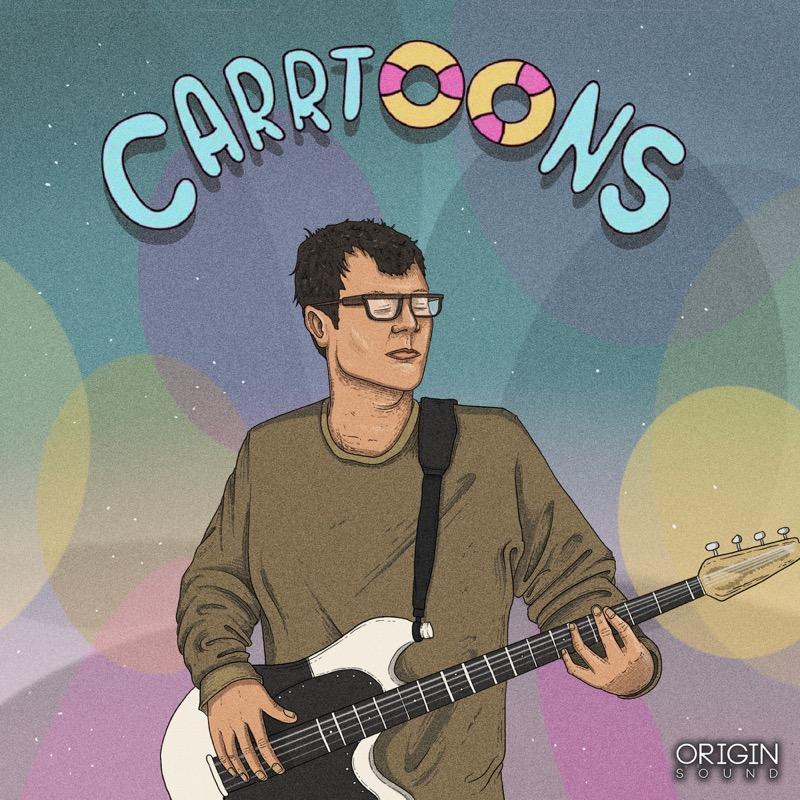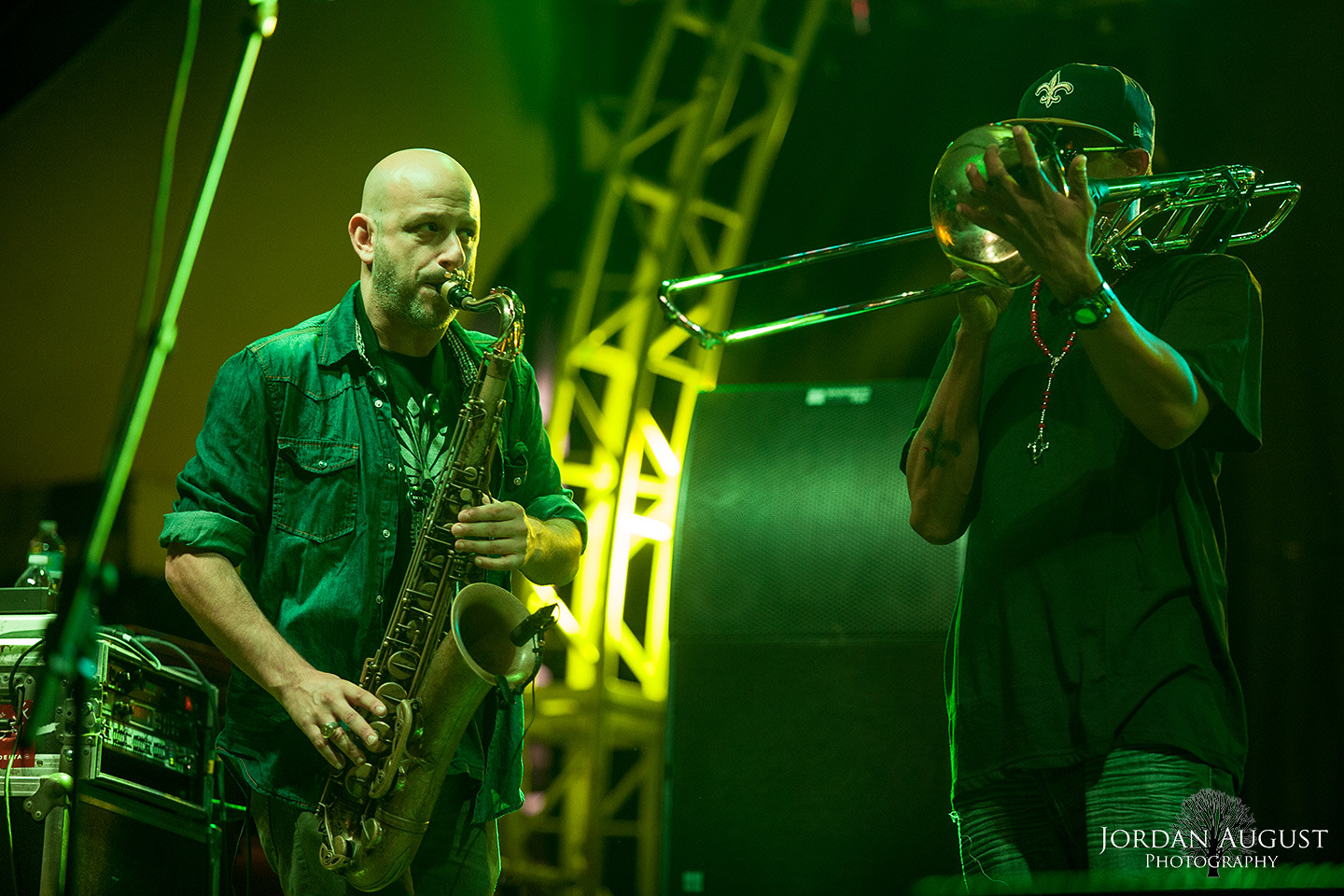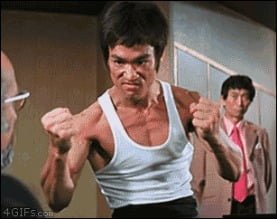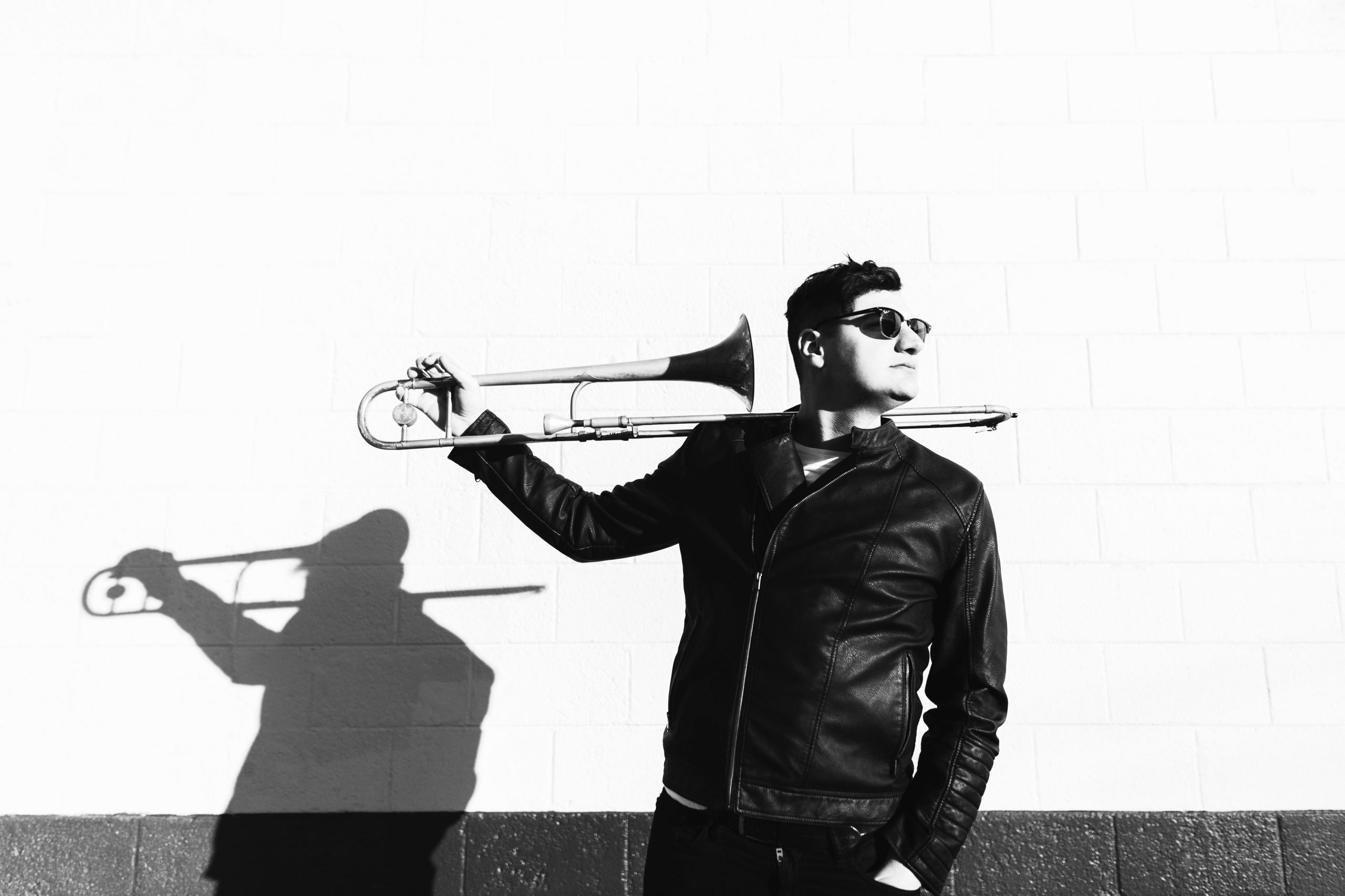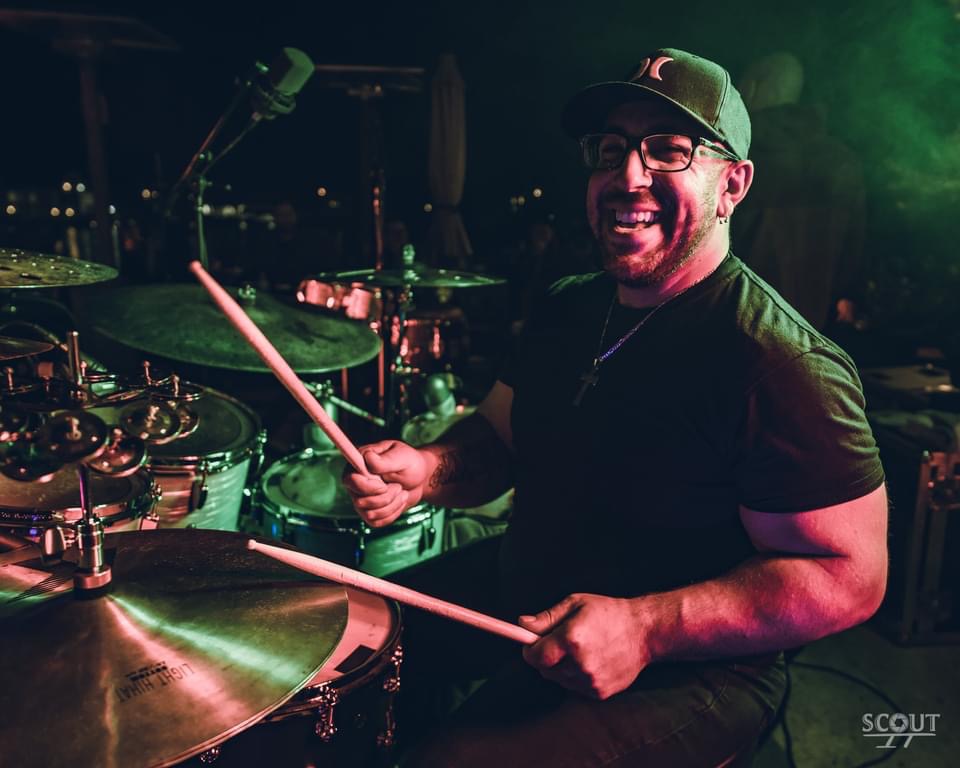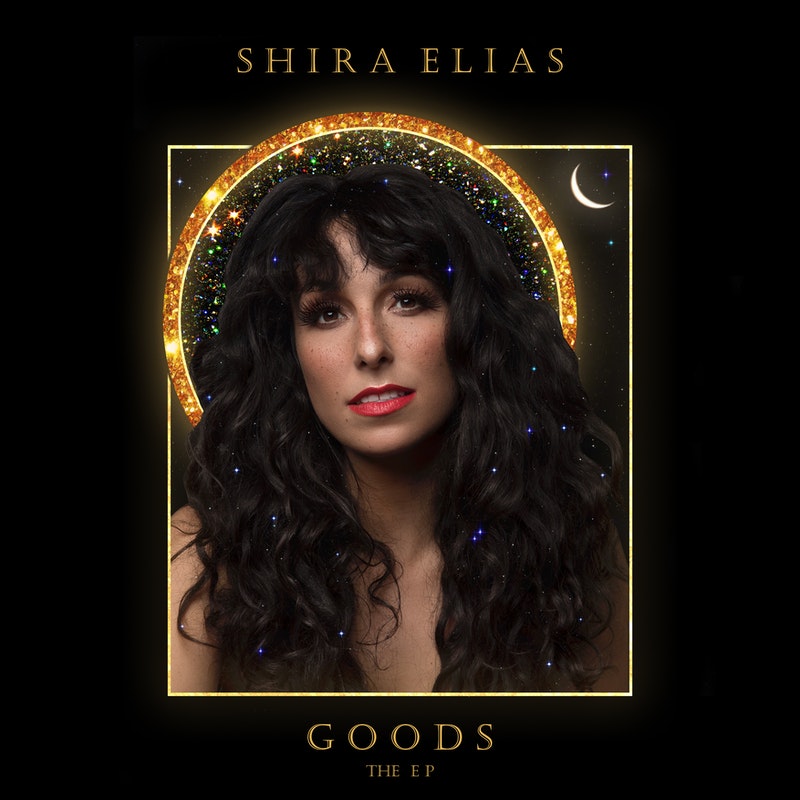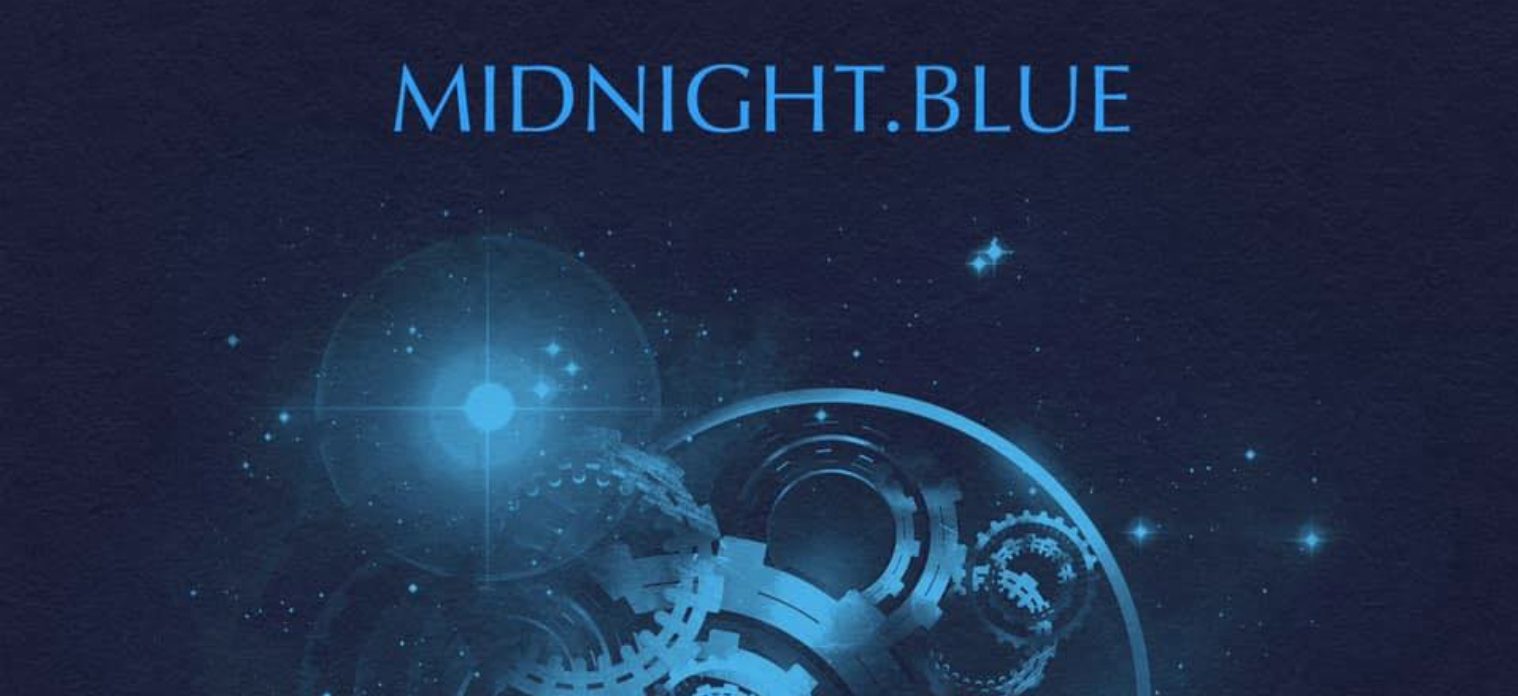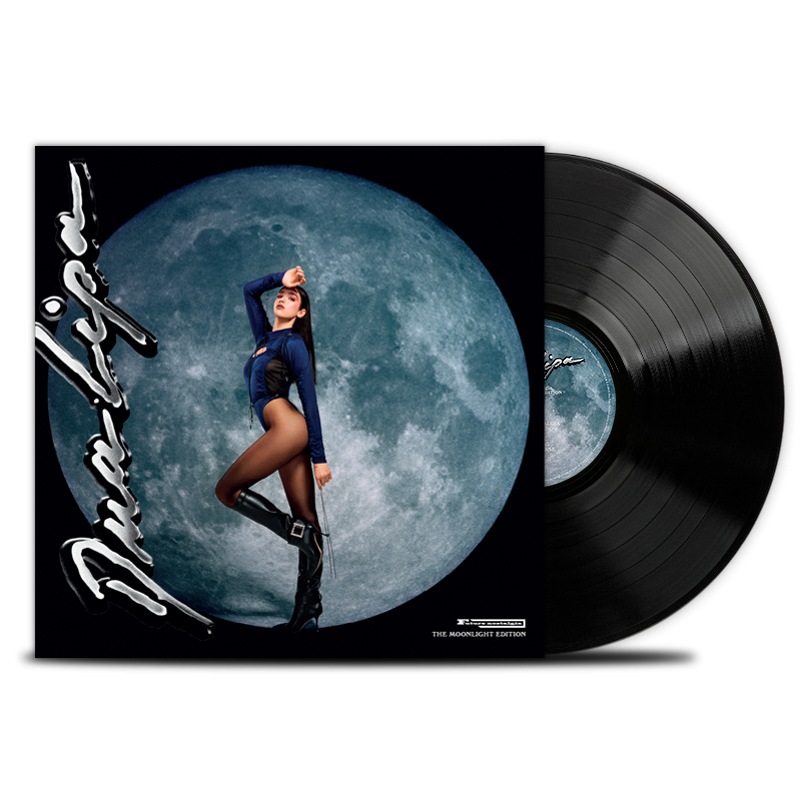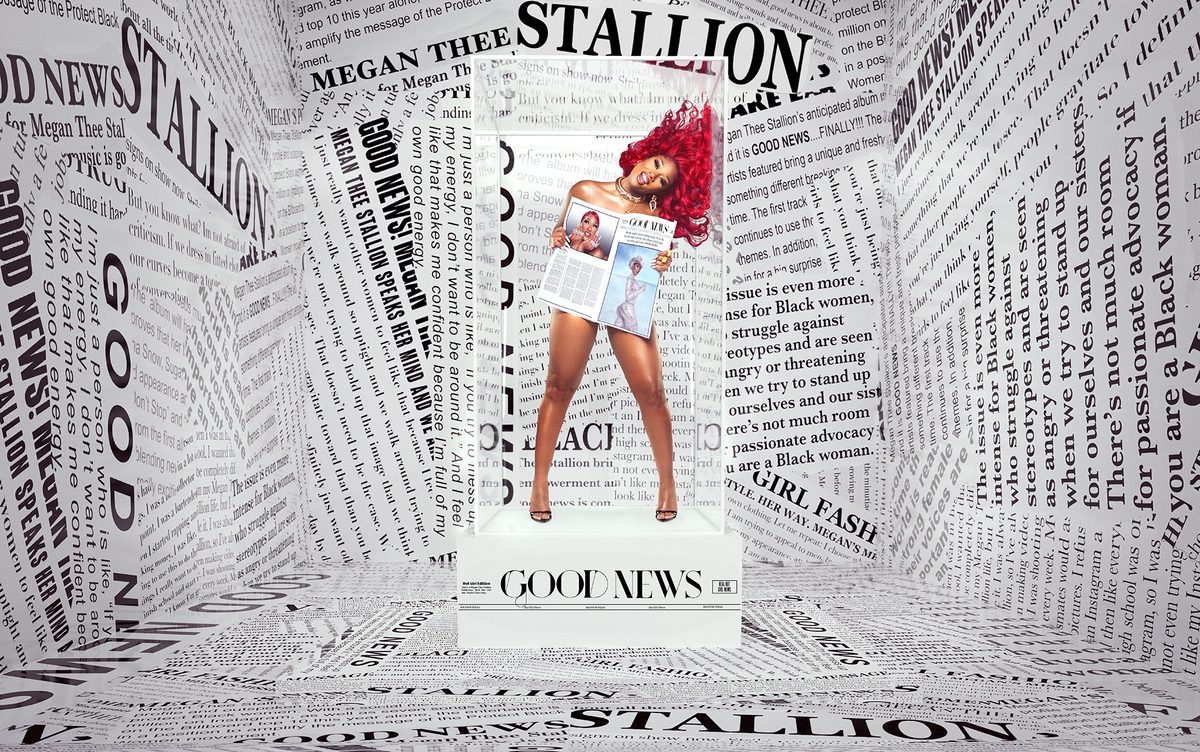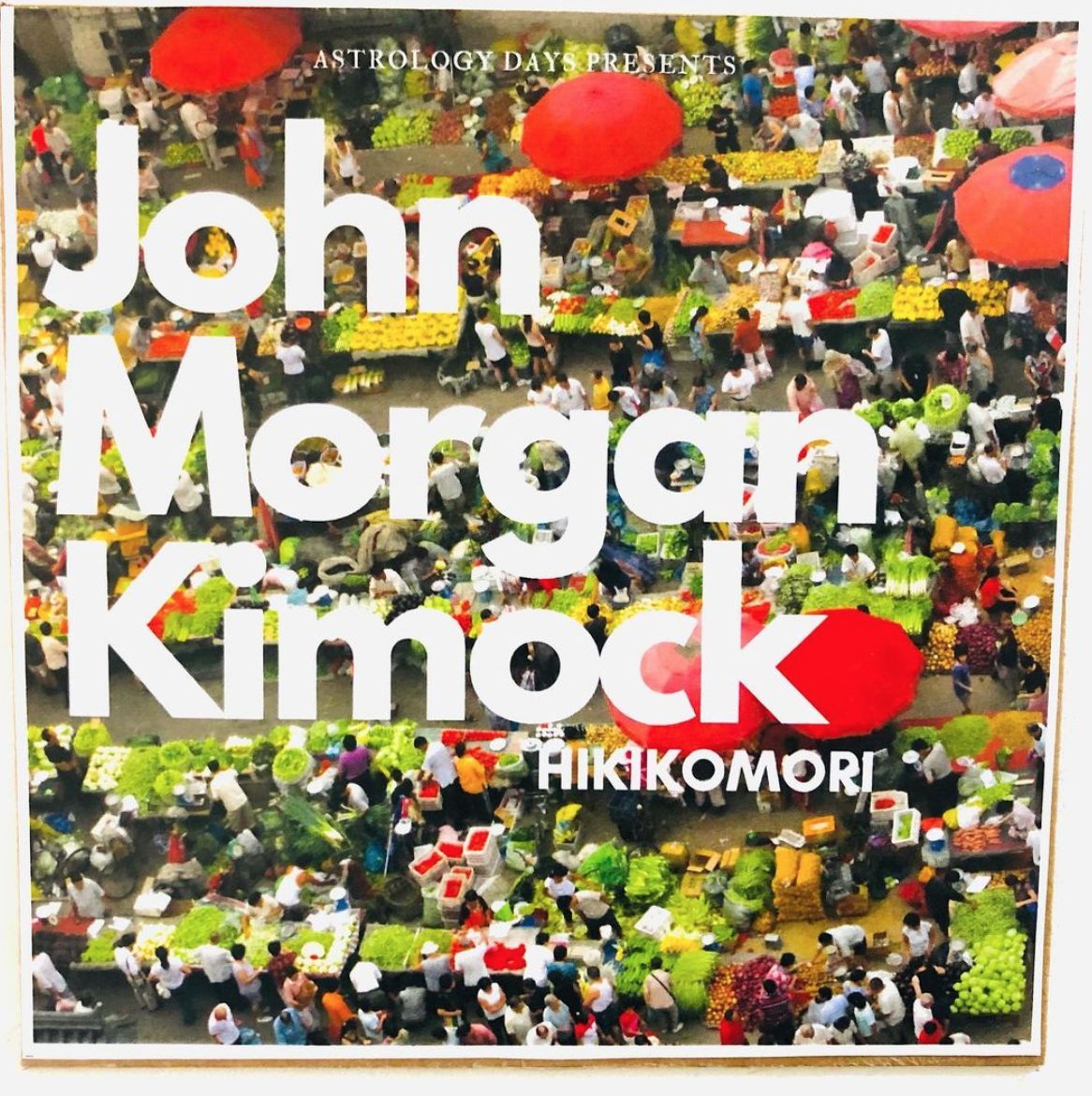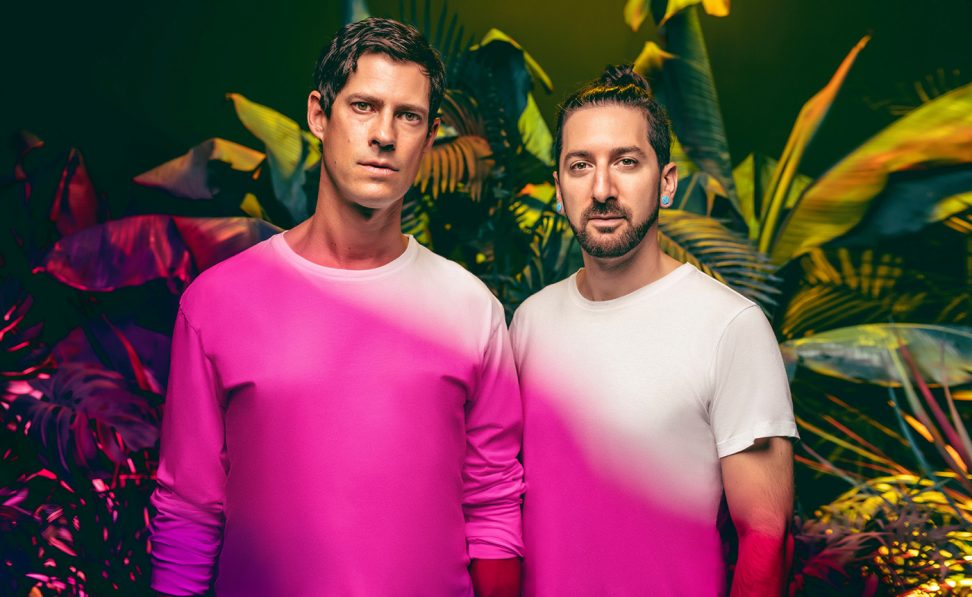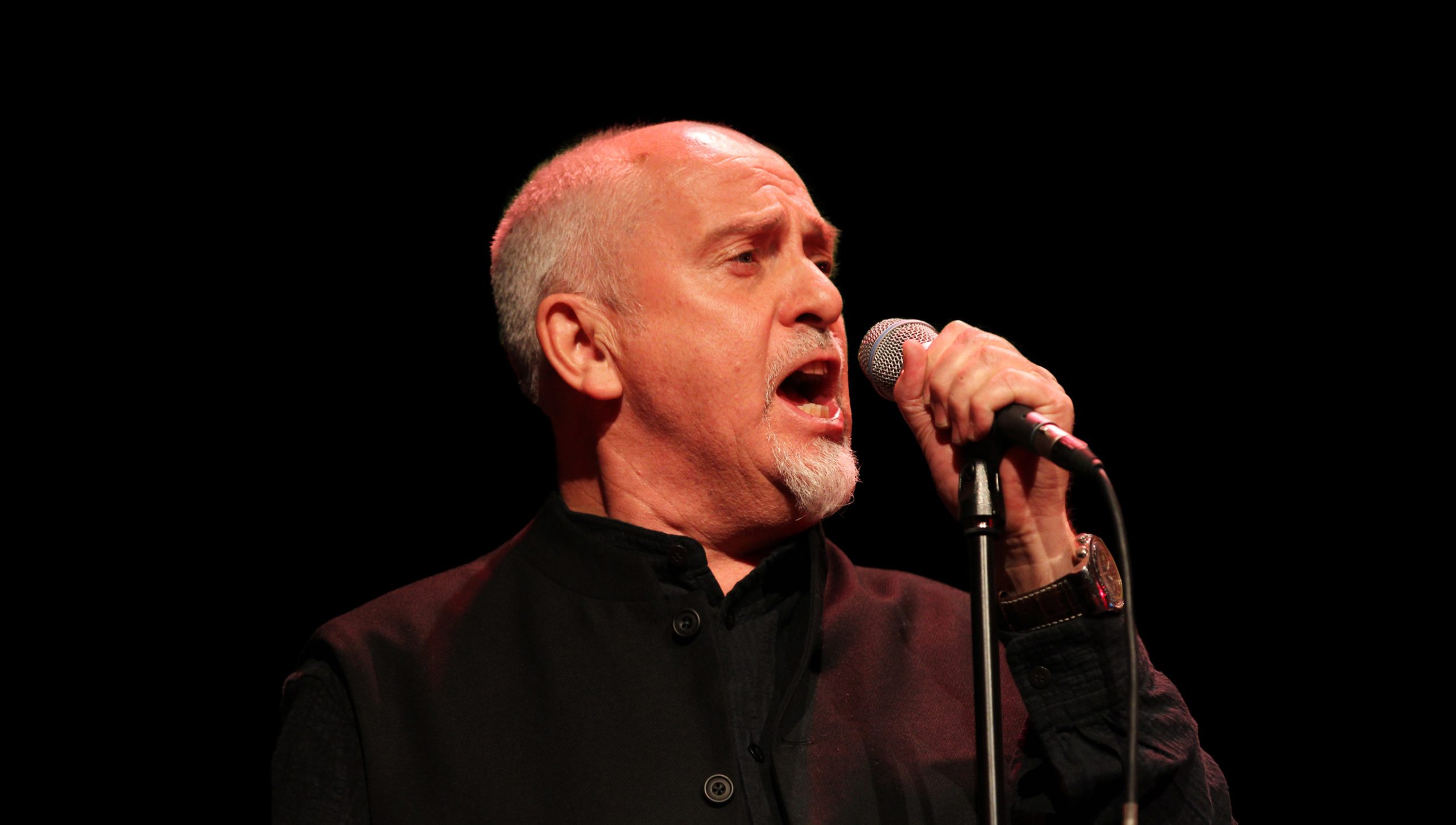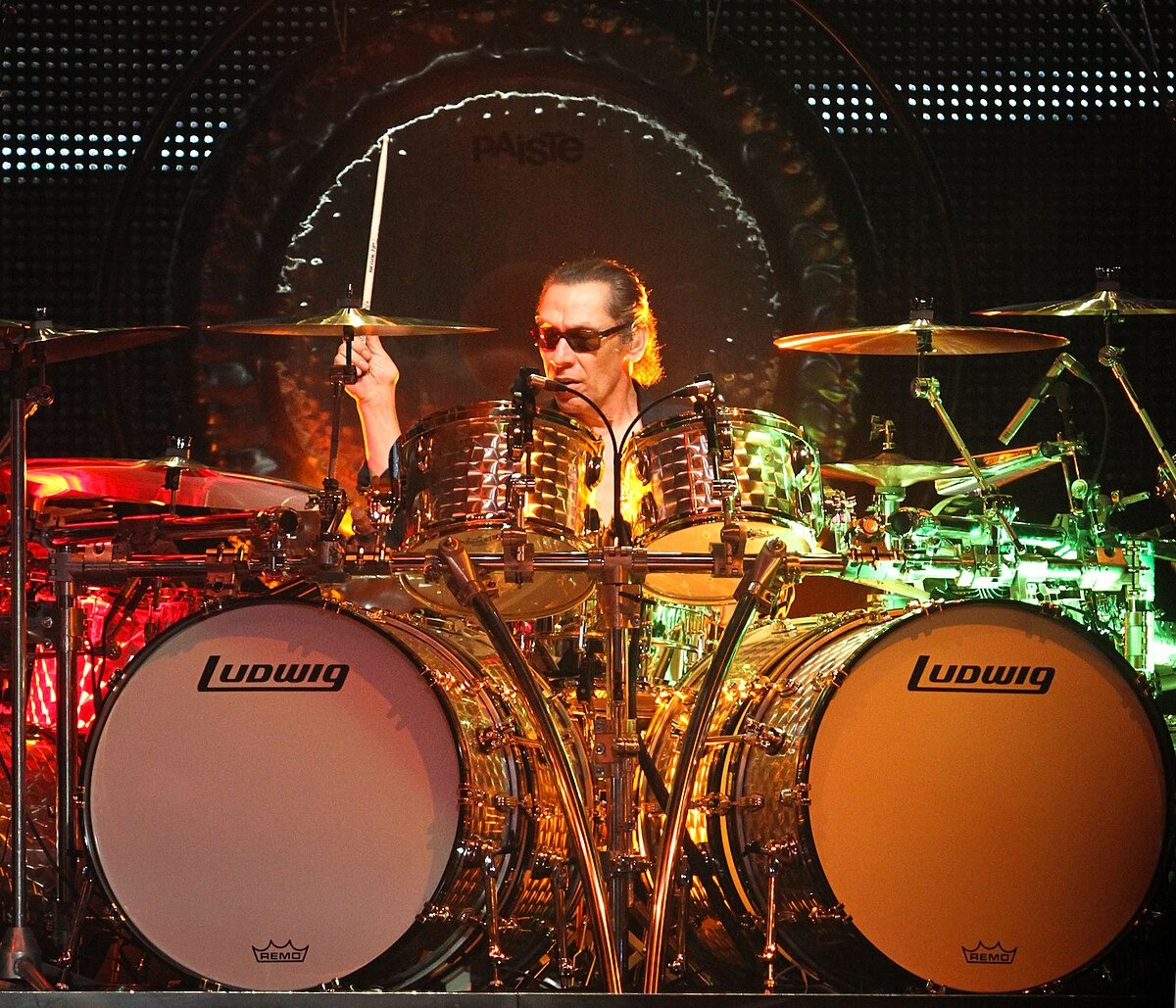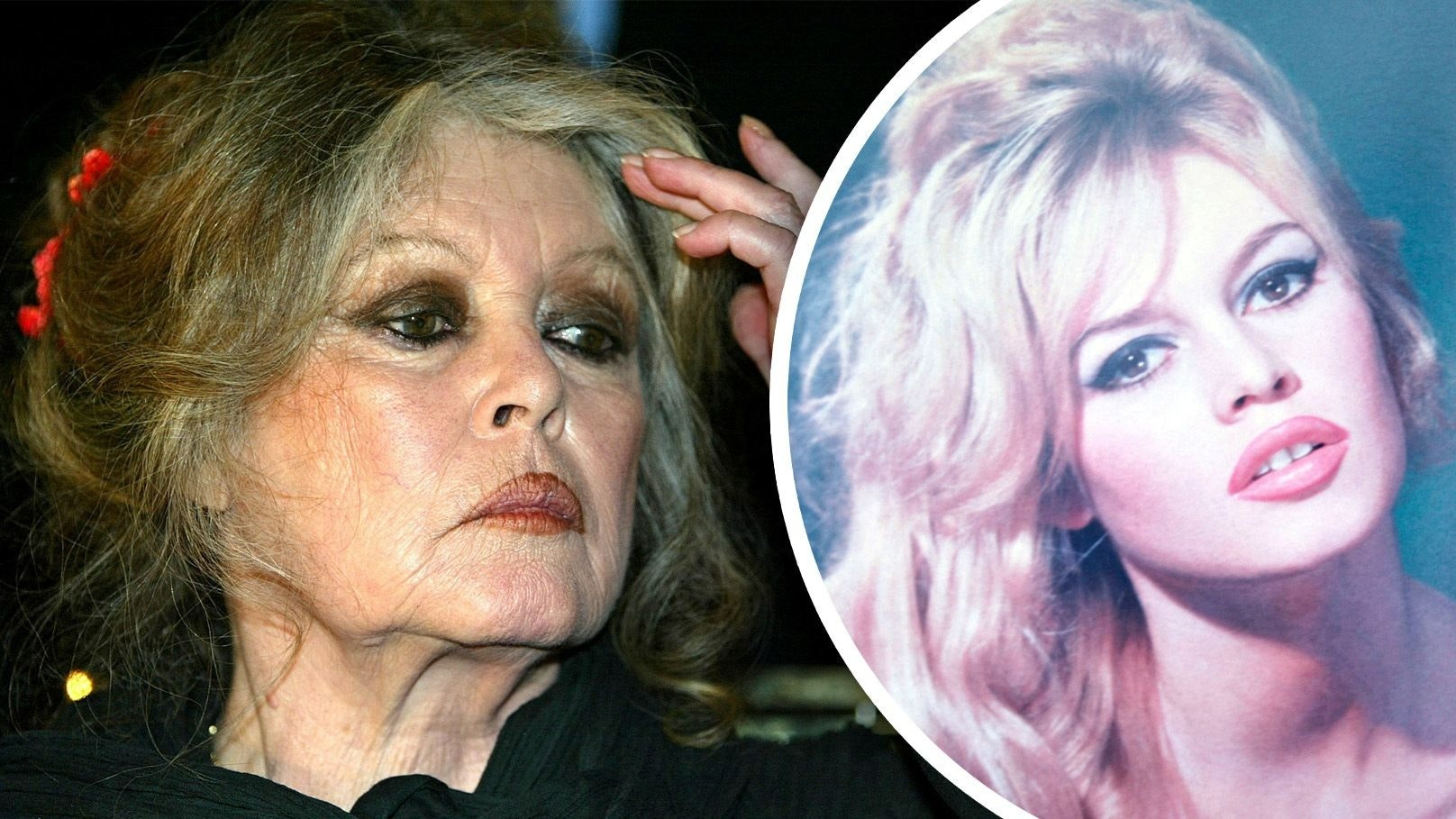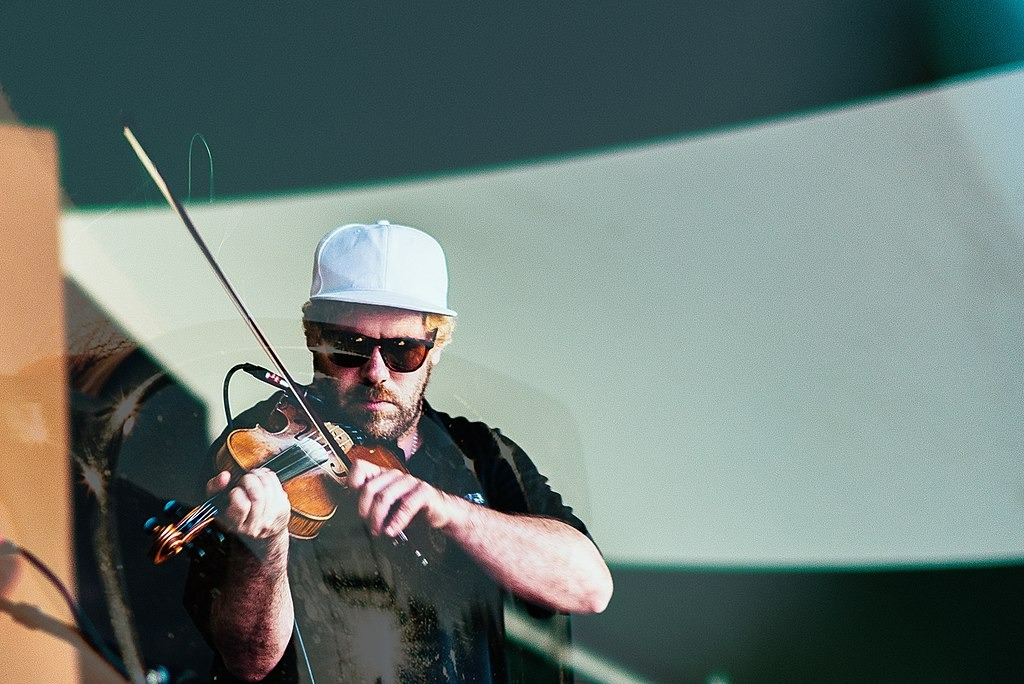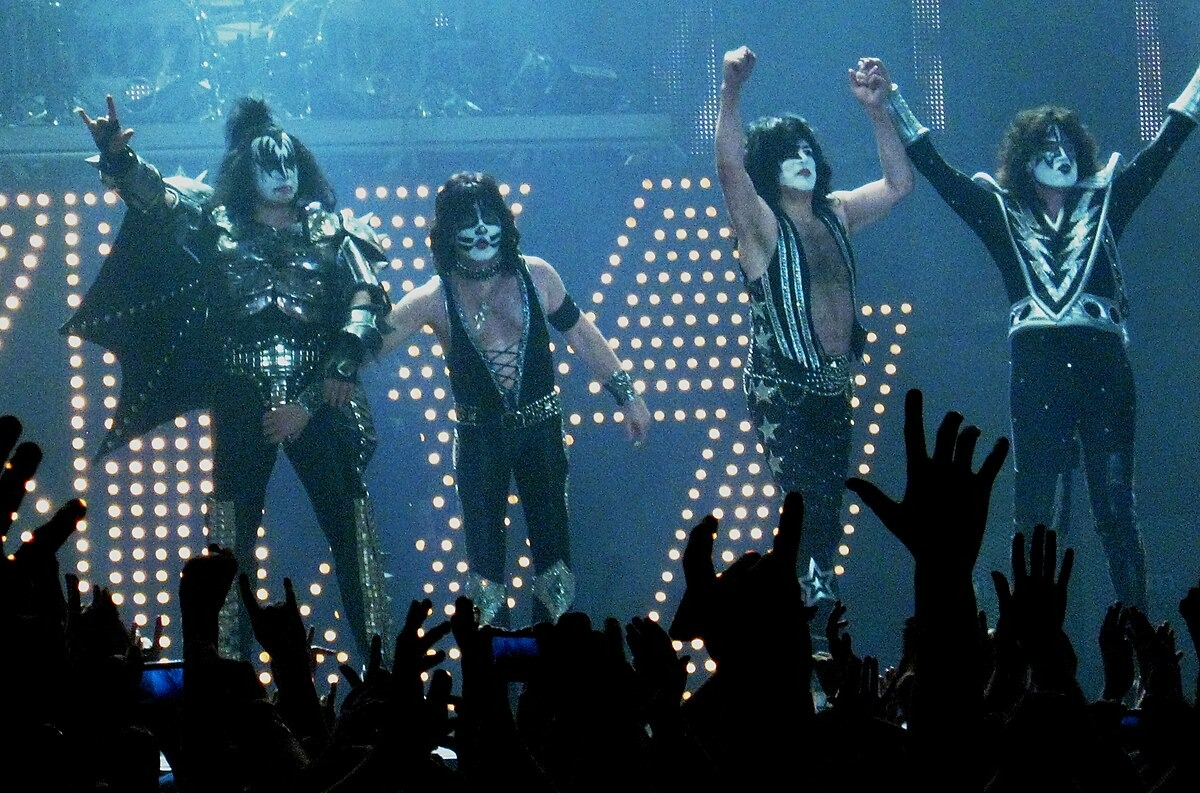The Music Industry is full of creative people. From the musicians on stage playing music to the artists that make the posters that the promoters use to get people to the music venues. All the different people involved in making the music industry work have skill sets to be celebrated.
When it comes to getting the word out about music and helping talent shine around the world, nothing is quite as important as the music journalist/music critic and we’re not just saying that because we are a music publication. The ability to craft words in a way that will ignite the imagination, keep the attention and get the point across is no easy feat. When a writer can achieve all of that while honestly dissecting a performance, (be it recorded or live) in a way that brings true value to the reader and the musician, those are the types of writers to celebrate.
I learned about Garret Woodward when I moved to Asheville NC. The well known writer has been the arts/music editor for The Smoky Mountain News and Smoky Mountain Living Magazine and had covered some of my friends in Western Carolinas. To keep up with his local coverage, I began following him on social media. Even his posts about eating late night breakfast at Waffle House seemed artist and crafted to be published. It was no surprise when Rolling Stone magazine brought Garret on as a contributing writer, profiling artists and covering renowned festivals including Bonnaroo, FloydFest, MerleFest and DelFest.
Woodward’s work is worth the read and his recent book, “If You Can’t Play, Get Off The Stage: Bluegrass In Western North Carolina And Beyond” showcases the linguistic skills that led us to wanting to feature him on Music Minds as a music critic. We are grateful for Garrets willingness to speak with us.
MM: WHAT INSPIRED YOU TO WORK IN THE MUSIC INDUSTRY?
GW: I’ve been obsessed with music my entire life. Growing up in the North Country, I always had headphones on with my handheld CD player or sitting in my childhood bedroom in an old farmhouse and listening to the radio all night. Music has always been at the core of my existence, especially when performed live. I’ve been going to shows constantly since I was 12 years old, begging my parents to take me to see bands all over Upstate New York and Vermont, and over the Canadian Border in nearby Montreal, Quebec. Once I got my driver’s license at 16, I was off and running, never home and always chasing down the next show. My first job was working breakfast and lunch grill at McDonald’s in high school, where my entire paycheck was spent on concert tickets and gas to get to the concerts. And all during this time, I was a die-hard subscriber to Rolling Stone magazine, eagerly devouring every single issue from cover to cover. I also watched MTV’s “Total Request Live” every single day after-school. All I did, and still do, is talk about music, about shows and bands I love, albums that inspire me. Towards the end of high school, I decided that I wanted to be like Carson Daly, the host of TRL. I wanted to work for MTV and host TRL, live and work in New York City, interviewing musicians and premier new music videos. When I was a junior in high school in 2002, my mom had a friend whose daughter worked for MTV2, so my mom brought me down to New York City to get a private tour of MTV Studios, where I wandered around the TRL set, and even got my picture taken in that legendary photo booth. I walked out of the studios that day changed forever. I knew I wanted to be in the music industry. Thus, I ended up going to school for broadcast journalism at Quinnipiac University in Connecticut. I learned all about being on TV, reading a teleprompter, writing for the ear, and so on, which is mainly why my print style is very conversational, seeing as my earliest writing instruction was to write for the ear and not the eye. But, in the summer of 2005, two things happened. I went to my first Bonnaroo and I read Jack Kerouac’s seminal novel “On the Road.” Bonnaroo was my first solo road trip of that size, from New York to Tennessee. And I had “On the Road” in tow to keep me company. I remember exact day, June 10, 2005, when I was reading the book in my hot, muggy tent at ‘Roo. It was like a lightning bolt hit me, where all of a sudden I had this thought pop up in my mind — I’m going to be a writer. The book changed the entire trajectory of my life. I wanted to run around America and have adventures like Sal Paradise. I wanted to make all kinds of odd and eccentric friends and do all kinds of wild things, and all the while scribbling it all down in notebooks. So, when I got back to college for my junior year, I shifted my major from broadcast journalism to broadcast/print journalism, a kind of hybrid subject that I was able to create and inhabit as my field of study. Also during my junior year, I had to find an internship or else I couldn’t graduate. While home on spring break in March 2006, I ended up at the snoe.down music festival in Lake Placid, New York. It was there I met this guy who was a mutual friend of one of my friends I hanging out with at the show that night. His name was Mike McKinley and he was the founder/publisher of State of Mind Music Magazine out of Burlington, Vermont. I was having trouble finding an internship before I headed back to school after spring break. I couldn’t find anything for the upcoming summer in the North Country. No TV or radio opportunities anywhere. Thus, Mike offered me an internship right then and there at snoe.down with State of Mind. So, I jumped on it. I didn’t know the first thing about writing, let alone the magazine industry, but I didn’t care. I wanted to be in the music industry. I’d figure it out, somehow. Although State of Mind is no longer around, what I learned there from Mike and from that experience remains at the foundation of who I am — as a writer, a journalist, and someone who has now worked in the music industry for about 15 years.
MM: WHO WAS THE FIRST MUSICIAN/BAND/EVENT THAT YOU EVER INTERVIEWED?
GW: My first interview was with bluegrass legend Peter Rowan, the “cosmic cowboy” himself. It was in the fall of 2006. I was a senior in college and tracked Peter down at the Iron Horse Music Hall in Northampton, Massachusetts. I had successfully completed my summer internship with State of Mind Music Magazine, and now I was looking to do more than just album/show reviews. I felt ready to write a big feature story. State of Mind founder/publisher Mike McKinley said he had space for me in the December 2006 issue. So, I pitched him the story idea of a feature interview with Peter. He gave me the green light. On a cold, rainy November night, I wandered up to the Iron Horse from my college in Connecticut. We sat in an old boiler room in the basement of the venue, which was the green room for the artists, and had a great conversation about Peter’s early years playing with the “Father of Bluegrass,” Bill Monroe, his time with Jerry Garcia in the all-star bluegrass group Old and in the Way, and his global wanderings as an ambassador of music, storytelling, and, in essence, love between us all. When my article was published, I remember sitting in a Burger King on the outskirts of Burlington and seeing my first real deal by-line, holding up a fresh copy of State of Mind with the Rowan feature spread across multiple pages. I was 21 years old and standing at the starting line of my dreams. Something arose within me in that moment that still holds true — that this is what I want to do with my life, talk with folks and share their stories with the world. That ethos, passion and drive within me is stronger now than ever before.
MM: IN YOUR OPINION, WHAT ARE THE ELEMENTS OF A GREAT MUSIC JOURNALIST OR JUST A GREAT WRITER?
GW: The elements of a “great” music journalist or writer resides in the sincerity of the interaction. If you truly want to be sitting there in that moment, in that conversation with a musician, then the interview will be that much more in-depth and honest. Purity of the interaction occurs when you focus on the subject before you with your full attention. That, and ask the real questions you really want to pose. Don’t ask roundabout, generic questions. Actually interact with the person within the essence of two human beings learning about each other. To that point, showing sincerity and honest vulnerability to your subject tends to breed a two-way conversation that parlays itself into a memorable interview — for you, for the musician, and for the reader. Also, do you research. I will repeat that again — do you research. Be prepared and knowledgable on that subject you’re interviewing. There’s nothing more of an interview train wreck than if you enter into a conversation without a healthy knowledge of the musician — their past and present endeavors, backstory, and so on. It’s all about respect being given from both sides of the conversation. If that musician is willing to meet you and give you some of their precious time, especially if they’re on tour, then make it worthwhile for them to do so. All of this results in lifelong relationships with these musicians, managers, publicists, record labels, and so forth. The more respect you show this industry, the further and farther you can find yourself living your dream in real time.
MM: WHAT ADVICE WOULD YOU GIVE TO A YOUNG FAN THAT WANTS TO WORK IN MUSIC JOURNALISM?
GW: The best advice is that if you really, truly want to become a music journalist, then you have to have that internal conversation with yourself that — come hell or high water — this is what you honestly want to do with your life. When you secure that within you, then everything else is just details. There are so many obstacles in music journalism, just like there are in trying to become a full-time professional musician. Many people want to be successful in this industry, but few actually do find stable ground. And each of those who found success will tell you to not give up, because usually it’s right at your emotional and financial threshold that things tend to start working in your favor. You will grind away to your wits’ end, and if you do that and still get excited for the next assignment, the next adventure, then this is your true path. Also, chase down any and all leads or possible assignments and publications. Nothing will ever unfold for you unless you’re doing the leg work to make the magic happen. Send the emails. Come up with the ideas. Pitch. Pitch. Pitch. Be confident in your aspirations. Your dreams won’t just knock on your door. You have to walk out the front door every single in search of opportunities. And network all the time. Give out your business card. Ask for their card. Because you never know who will remember you when they may need you for an assignment or project. As they say, “preparation + opportunity = luck.”
MM: WHAT WOULD YOU SAY ARE THE PEAK EXPERIENCES OF YOUR CAREER?
GW: Out of the thousands of interviews and stories I’ve done over my 15-year career, some of the true high-water marks are as follows: conducting the last interview with legendary rock singer Scott Weiland just before he sadly passed away, sitting down at a barbecue joint and interviewing Dave Grohl over beers during a snowstorm on my first assignment with Rolling Stone, interviewing Brandi Carlile in Doc Watson’s dressing room backstage at MerleFest, doing an onstage Q&A panel with Jerry Harrison of Talking Heads and Adrian Belew at FloydFest about the 40th anniversary of the “Remain in Light” album, and covering one of the last “Midnight Rambles” at Levon Helm’s house near Woodstock before he left us. Those specific moments really stick out as “pinch me now” moments, though, I must say, that feeling of excitement and curiosity has never escaped me when I’m on assignment, even to this very day.
MM: FOR THE SERIOUS WRITERS OF THE WORLD, IS THERE A PRO TIP YOU ARE WILLING TO SHARE?
GW: Do your research. Be prepared in your knowledge of the subject at hand. And be kind — kindness breeds kindness, as does patience.
MM: IF YOU COULD INTERVIEW ANY ARTIST(S), LIVE OR DEAD, WHO WOULD IT BE AND WHY?
GW: Joe Walsh and/or Willie Nelson. Willie for obvious reasons of the legend and lore that resides within his incredible life. With Walsh, I find him so captivating, in conversation and in his backstory of how he was one of the few rockstars to ride the most dangerous of lifestyle rollercoasters, and yet was able to find himself and remain a real deal ambassador of rock-n-roll. Joe seems like someone I could sit down and have a genuine conversation with for hours. I do hope to someday have that opportunity.
MM: WHO ARE YOUR BIGGEST INSPIRATIONS OF ALL TIME AND WHAT WOULD YOU SUGGEST OF THEIR WORK FOR PEOPLE THAT ARE BEING INTRODUCED TO THEM?
GW: In terms of writing, my biggest inspirations have been the works of Jack Kerouac, Hunter S. Thompson, Charles Bukowski, Larry McMurtry and Jay McInerney. Music writer-wise? David Fricke of Rolling Stone, he continues to inspire and thrill me. In terms of writing itself, I’ve found that Stephen King’s “On Writing” book a pillar of my existence, a template for any and all endeavors of the written word, and also the struggle to succeed. “On Writing” should be required reading for anyone who wants to become a writer.
MM: IN ALL YOUR TRAVELS, WHAT IS THE BEST MEAL YOU EVER HAD?
GW: Probably that one time I was in Ireland and found myself staying in this tiny farm community one random evening. The grocery store was closed, as were all the pubs. But, the only thing that was still open was this Indian restaurant. I wandered in and was the only customer in the entire place. I ate like a king, some of the most incredible Indian food that I’ve ever come across, but it was more so of being in that absurd moment of time and space amid the grand scheme of things in this wild, wondrous universe.
MM: COFFEE, TEA OR JUICE?
GW: Coffee.
————————
ABOUT GARRET:
Garret K. Woodward is the arts/music editor for The Smoky Mountain News and Smoky Mountain Living magazine, both based out of Waynesville, North Carolina. Aside from numerous first-place awards from the North Carolina Press Association and a nomination for “Print/Media Person of the Year” by the International Bluegrass Music Association, he’s also the author of the book “If You Can’t Play, Get Off the Stage: Bluegrass in Western North Carolina and Beyond.” Since 2018, he’s been a contributing writer for Rolling Stone, profiling artists and covering such renowned festivals as Bonnaroo, MerleFest, DelFest and FloydFest. Instagram: GarretKWoodward.


